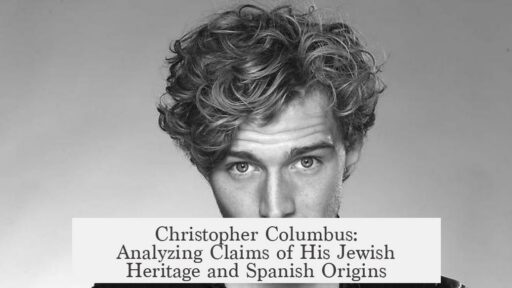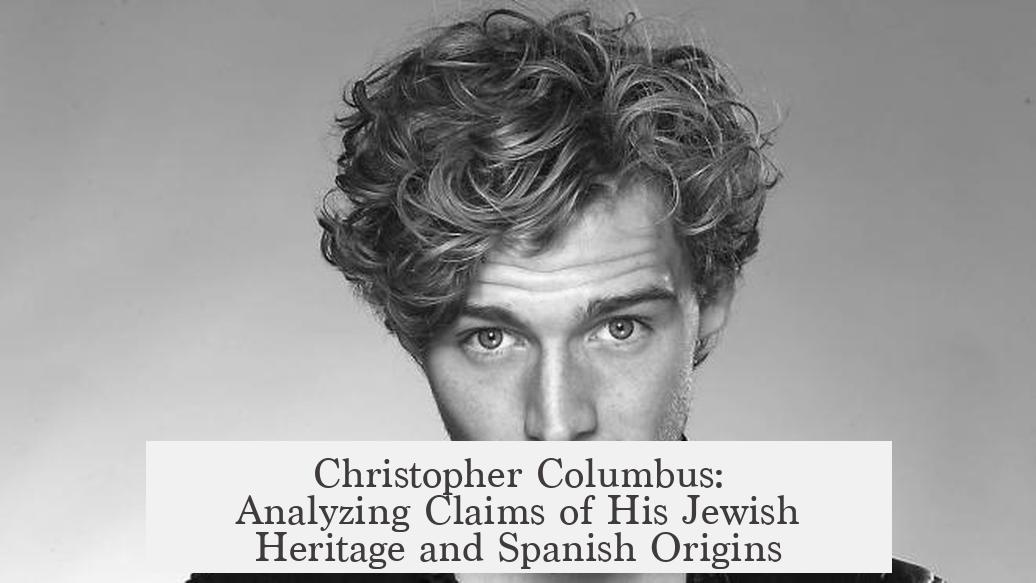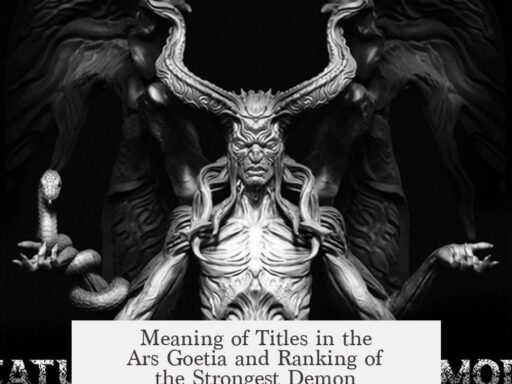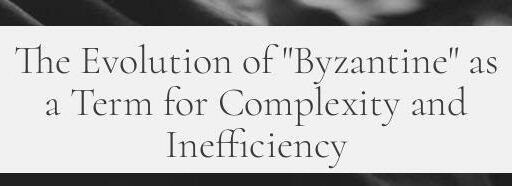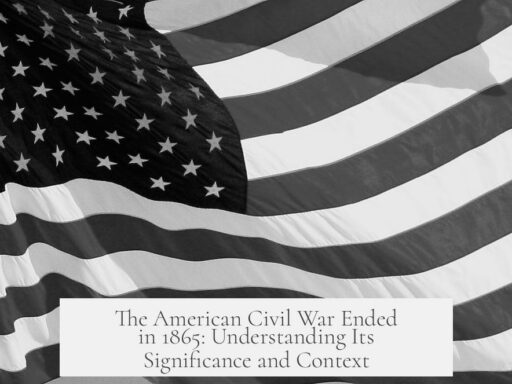Christopher Columbus was Jewish and from Spain, not Genoese and not Catholic. Multiple lines of evidence and historical arguments suggest a Spanish origin linked to Jewish ancestry rather than the widely held view of an Italian Genoese Catholic identity.
One important piece of evidence comes from DNA analysis, though it has limitations. The genetic markers associated with Columbus indicate a Western Mediterranean origin, which aligns geographically with Spain. Some markers are deemed compatible with Jewish heritage. However, these genetic clues alone cannot definitively prove his religious identity or pinpoint his exact birthplace.
Historical records propose a Spanish Jewish background for Columbus. A Spanish historian once suggested his parents hailed from Aragón, an influential medieval kingdom spanning modern northeastern Spain and territories in southern Italy. Aragón’s rule over Naples, Milan, Sicily, and Sardinia could explain some Italian connections seen in Columbus’ story while maintaining a Spanish origin. This region was home to many conversos, Jews who converted outwardly to Christianity but secretly preserved Jewish traditions. Many conquistadors of the era were moriscos and marranos, Muslims and Jews forced to convert yet maintaining their original faith covertly. They sought to avoid persecution after the 1492 Alhambra Decree by Queen Isabella, which expelled Jews from Spain.
Some clues hint at Columbus’ possible crypto-Jewish faith:
- Deep knowledge of the Old Testament and obsession with its prophecies.
- Desire to recover Jerusalem, tied to messianic Jewish hopes.
- Hebrew letters inscribed in book pages.
- Red hair, a physical trait occasionally linked to Jewish populations then, is noted by contemporaries Gonzalo Fernández de Oviedo and Angelo Trevisan.
- His mother’s name, Susanna, is commonly associated with Jewish families.
These suggest that Columbus may have identified or at least had strong ties to Jewish culture and religion, even if outwardly Catholic by pressure or necessity.
The conventional claim of Columbus’ Genoese origins faces several challenges. The Kingdom of Genoa severely restricted Jewish residents; Jews were not allowed to live there. If Columbus was Jewish or connected to Jews, his Genoese birth becomes less plausible. The often-cited birthplace Savona did have a Jewish community, but this affiliation does not confirm his origins lie in Italy. Furthermore, the title “Genovese from Saona” used in 1491 by Court registrar Lorenzo Galíndez de Carvajal might reflect politically useful identity or simple misattribution rather than actual birthplace.
In summary, the theory of Columbus being a Jewish Spaniard fits several historical, cultural, and genetic clues better than the dominant narrative. His Spanish family roots in Aragón—where Jews lived before expulsion and conversion—and his Judaic tendencies support a Spanish Jewish ancestry interpretation. Meanwhile, claims of Genoese Italian origin and devout Catholicism increasingly appear less certain.
| Aspect | Support for Jewish Spanish Origin | Challenges to Genoese Catholic Origin |
|---|---|---|
| Genetics | Western Mediterranean markers, possible Jewish lineage | Limited genetic support for Italian origin, few Jews in Genoa |
| Historical Records | Parents from Aragón, presence of conversos, Spanish historian theories | Genoa had no Jewish residents, only Savona (nearby) had Jewish community |
| Religious Traits | Old Testament knowledge, Hebrew inscriptions, longing for Jerusalem | Questioned Catholic identity; no evidence of devout Catholicism |
| Physical Features | Red hair cited, common among Jews in Middle Ages | Physical traits not linked to typical Genoese profiles |
Also relevant is archaeological evidence outside Europe, such as cemeteries in New Mexico and the San Luis Valley showing Sephardic Jewish burial customs. These could represent early Jewish American settlers, supporting a wider discussion about converso and crypto-Jewish migration patterns, intertwining with Spanish colonial history—an environment into which Columbus launched his voyages.
Key takeaways:
- Columbus’ DNA points to Western Mediterranean roots with possible Jewish ancestry.
- Historical arguments place his parents as conversos from Aragón, Spain.
- His religious practices and interests align with crypto-Judaism rather than Catholicism.
- Genoese origin is disputed due to absence of Jews in Genoa, and Savona’s Jewish community complicates but doesn’t confirm Italian birth.
- Physical descriptions and family names support a Jewish Spanish identity.
- These points challenge the traditional narrative of Columbus as a Catholic Genoese explorer.
Christopher Columbus: Was He Really Jewish and Spanish, Not Genoese and Catholic?

So, was Christopher Columbus truly a Jewish Spaniard rather than the traditional Genoese Catholic figure we’ve all been taught to know? This question has stirred debate, tossed genetic clues, historical records, and a splash of conspiracy theories into the mix. Let’s unpack this puzzle, keeping a keen eye on facts rather than folklore.
First off, it’s crucial to note that DNA evidence, though exciting, is more like a mysterious riddle than a shouted confession. Columbus’ DNA — based on recent studies — carries markers common in the Western Mediterranean region. There’s also mention of markers “compatible with Jewish origin,” but here’s the catch: DNA can’t confirm how Columbus identified or where exactly he was born. Think of it as a vague family tree with plenty of branches but no detailed family photos.
Tracing the Claims: Jewish and Spanish Origins
The argument for Columbus being Jewish and Spanish isn’t just born from DNA sketches. Historians have wondered if his parents came from Aragón, a Spanish kingdom. This was no small region — Aragón once controlled parts of Italy, like Naples and Sicily, areas where Jewish and converso (Jewish converts to Christianity) communities thrived. Could this be where Columbus’ family roots tangled?
There’s an interesting angle here: the expulsions ordered by Queen Isabella of Spain in 1492 targeted Jewish populations, forcing many into hiding or conversion. Some claim Columbus’ family might have been among these secretive “conversos” or “crypto-Jews.” Evidence cited includes:
- His apparent obsession with Old Testament prophecies and Jerusalem’s recovery—common threads in Jewish thought.
- Use of Hebrew letters scribbled in manuscripts.
- Mention of “red hair,” a characteristic sometimes stereotypically linked to Jews in medieval Europe, noted by contemporaries.
- His mother’s name, Susanna, noted by some as having Jewish connections.
Plus, there are historical cemeteries in New Mexico and the San Luis Valley resembling Sephardic Jewish burial customs. Some researchers suggest these might be remnants of early Jewish settlers or descendants linked to Columbus’ voyages.
Why Not Genoese and Catholic? The Other Side of the Coin
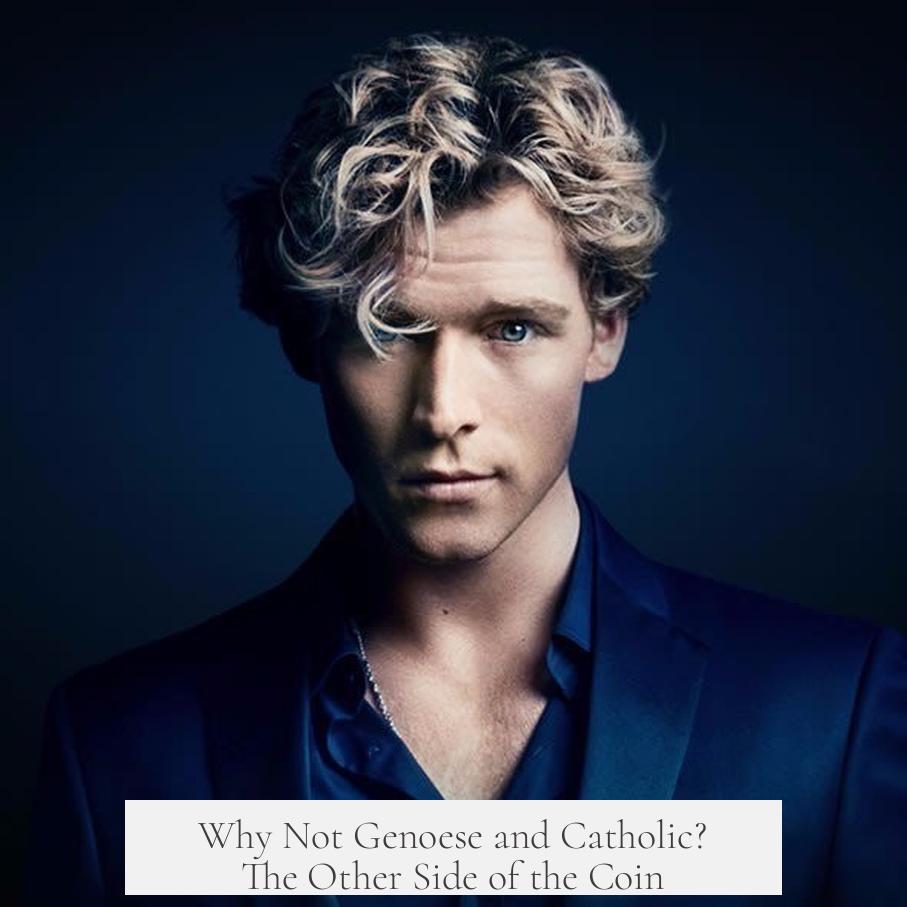
Counterarguments are no less compelling. The long-accepted story places Columbus firmly in Genoa (modern Italy). Multiple contemporaries, including his own son and grandson, testified to his Genoese origin. For instance, Columbus’ grandson stated Columbus hailed from Savona, near Genoa. These records come from people who knew him well.
About the DNA and its interpretations, critics argue the study in question hasn’t yet undergone peer-reviewed scientific scrutiny. The remains sampled might not even be Columbus’, as verifying his skeletal DNA with absolute certainty remains tricky. Methodological flaws abound when such studies leap swiftly onto television screens before academic publishing.
Religion-wise, every real historical record portrays Columbus as a devout Catholic. His sponsors, Ferdinand and Isabella, were famously devout. It would have been politically risky for them to back a non-Catholic, especially one with any overt Jewish ties, given the Spanish Inquisition’s fervor.
Also, remember that religious knowledge overlaps between Jews and Christians; familiarity with the Old Testament doesn’t prove Jewish faith. “Susanna” appears in Christian texts too, so it’s hardly a smoking gun for Jewish ancestry.
Does Having Jewish DNA Mean Columbus Was Jewish?
Short answer: No. DNA can never determine a person’s religion or specific cultural identity. Jewishness, as a religion, isn’t encoded in genes despite popular myths. Genetic markers compatible with Sephardic Jews can exist in people who identify entirely as Christian or even secular. Europe’s complex history, marked by centuries of migration and intermarriage, blurs simplistic ethnic lines.
One humorous way to spot flawed logic here is to say, “If I take a DNA test suggesting Viking ancestry, I’m suddenly a Norse pagan hailing from 9th-century Scandinavia.” Clearly, identity involves culture, upbringing, and belief, not just genes.
Historical and Cultural Context Adds Complexity

The debate also revolves around geopolitical history. The Kingdom of Aragón’s control of parts of Italy means Spanish influences mingled with Italian ones, and Jewish communities existed in both. That alone muddles the question of Columbus’ “nationality.” Being Genoese and having Jewish genes isn’t contradictory.
Moreover, Jewish communities in Genoa were restricted or expelled, but neighboring towns like Savona did have Jewish populations. This fact complicates claims against a Genoese Jewish lineage. Thus, historian arguments banking heavily on Genoa having no Jewish presence might oversimplify.
Why Does This Debate Even Matter?
Questioning Columbus’ background isn’t just about nitpicking history. It reflects on modern identities, the politics of memory, and how history is sometimes rewritten or questioned to fit contemporary narratives.
Columbus is seen as a symbol, but whether his roots were Jewish and Spanish or Genoese and Catholic influences how we interpret his motivations, legacy, and the era’s cultural tensions. Are we ready to rethink history if new evidence arises? Or does historical consensus outweigh new, sometimes tenuous hypotheses?
What Can We Conclude?

- Columbus’ origins remain most reliably placed in Genoa, supported by contemporary testimonies and records.
- DNA suggestions of Jewish ancestry exist but do not prove Jewish nationality, identity, or faith.
- Historical evidence strongly supports his Catholic faith, crucial for royal sponsorship in 15th-century Spain.
- The theory of a Jewish, Spanish Columbus is tantalizing but rests on speculative connections, some unreliable DNA data, and circumstantial evidence.
We could summarize this debate like a mystery novel: evidence exists on both sides, but the most straightforward story is often the most accurate. Columbus was likely an Italian from Genoa, devoutly Catholic, possibly with some Jewish ancestry somewhere back in his family tree. This makes historical sense and fits the political context of his voyages.
Practical Tips for Navigating Historical Controversies Like This
- Cross-check multiple sources: Look at contemporary accounts, testaments, and government records, not just recent sensationalist claims.
- Understand DNA limits: It offers clues about ancestry but does not define identity or faith.
- Consider historical context: Politics, religion, and societal norms heavily influenced personal identities then.
- Be skeptical of too-good-to-be-true theories: New evidence is exciting but demands rigorous examination.
Are you fascinated by history’s gray areas? Does questioning the accepted story change your view of Columbus or the Age of Discovery? It certainly challenges us to think more deeply about identity, evidence, and the stories we tell ourselves.
Summary Table of Key Points
| Topic | Arguments Supporting Jewish & Spanish Origin | Arguments Supporting Genoese & Catholic Origin |
|---|---|---|
| Origin | Possible Jewish genetic markers; ties to Aragón; Spanish influence over Italian regions. | Numerous contemporary sources confirm Genoese origin; grandson’s testimony; official records. |
| Religion | Use of Hebrew letters; Old Testament knowledge; Jewish name Susanna; intrigues about crypto-Judaism. | Accounts of devout Catholic faith; Christian origin of “Susanna”; sponsorship by Catholic monarchs. |
| DNA Evidence | Markers compatible with Jewish ancestry found. | DNA can’t determine religion or birthplace; criticized methodologies and uncertainties. |
| Historical Reliability | Speculation on forged records to shift his origin. | Reliable contemporary witness accounts; cautious approach to new unverified claims. |
| Context | Jewish populations in parts of Italy and Spain overlap; converso communities refuge. | Jewish restrictions in Genoa; Jewish ethnicity doesn’t negate Italian identity and Catholic faith. |
In the end, Columbus remains a figure wrapped in the fog of history, his identity a mix of fact, myth, and modern reinterpretation.
Whether he was a crypto-Jewish Spanish navigator or a proud Genoese Catholic, what matters most is understanding his true historical context — not to rewrite history with shaky evidence but to appreciate its nuances. After all, history often teaches us more about our present than the past.
Was Christopher Columbus actually from Spain and Jewish rather than Genoese and Catholic?
Some scholars suggest Columbus was from Aragon in Spain, likely a converso family with Jewish roots. The Genoese origin is disputed due to restrictions on Jews living in Genoa.
What evidence supports Columbus having Jewish heritage or faith?
Columbus showed strong knowledge of the Old Testament and interest in its prophecies. He wrote Hebrew letters on documents, had red hair (a medieval Jewish trait), and his mother’s name was Susanna, which is common in Jewish tradition.
Does DNA confirm Columbus was Jewish and Spanish?
DNA markers show Western Mediterranean ancestry with some markers compatible with Jewish origin. However, genetics alone can’t prove if he was Jewish or specifically a Spanish Jew.
Why is the Genoese origin of Columbus questioned in relation to his possible Jewish background?
Jews were largely barred from living in Genoa during Columbus’s time. The Ligurian theory places him in Savona, where a Jewish community existed, complicating the Genoese theory.
Could Columbus have practiced crypto-Judaism instead of Catholicism?
His writings and actions suggest crypto-Jewish traits. He focused on Old Testament prophecies and Jerusalem, hinting at hidden Jewish faith amid a Catholic environment.
